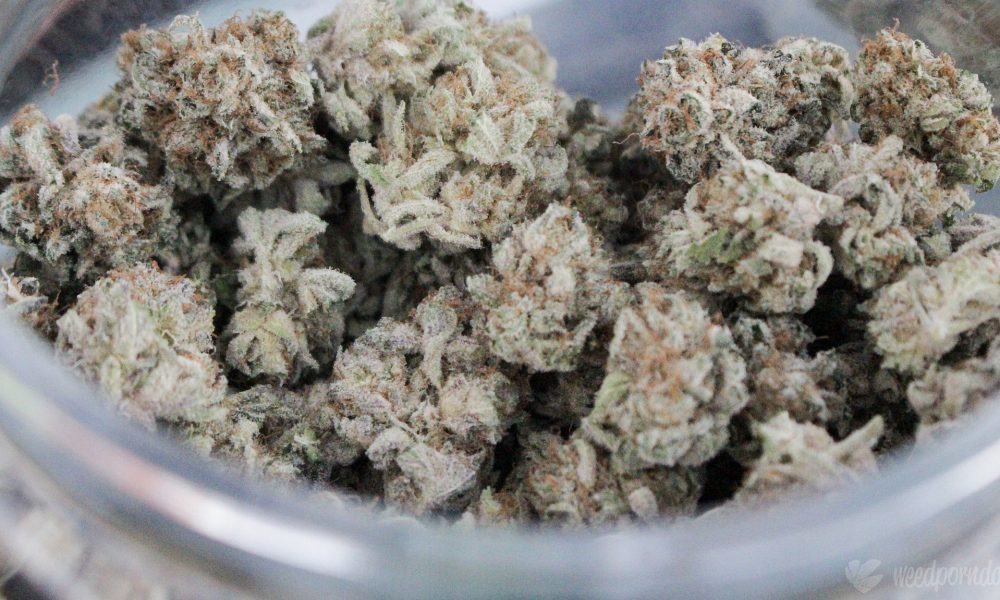“I want to ensure that when it is legal, that it’s Louisiana citizens that have the opportunity to take part in this economic opportunity.”
By Wesley Muller, Louisiana Illuminator
For the third year in a row, the Louisiana legislature will have the chance to vote on a proposal to legalize recreational marijuana and incorporate its cultivation and sale into the state’s economy.
House Bill 17, sponsored by Rep. Candace Newell (D), is one in a package of bills that would build a new industry for recreational marijuana in Louisiana.
In a phone interview Friday, Newell said the bill would establish state regulations and pave the way for cannabis to create new jobs and a windfall of revenue from taxes and licensing fees.
The proposal would allow the state to issue 10 licenses for facilities to cultivate, process and manufacture recreational marijuana and 40 permits for retailers to sell the flower and related cannabis products. The permits would be distributed evenly across eight geographic regions in the state.
Newell has filed a separate measure, House Bill 24, that would decriminalize possession and distribution of marijuana upon legislative enactment of a regulatory system and the establishment of a tax on recreational sales.
“I separated it because I know what state I live in,” Newell said. “It’s been a challenge.”
Newell has filed similar versions of House Bill 17 twice before, running into opposition each time. She said people can be “closed-minded” about the issue because they don’t use marijuana and believe no one else should use it.
Newell said she doesn’t use marijuana herself but can see the many benefits it has brought to other states. Mostly, she is concerned Louisiana will be left behind if state lawmakers continue to balk at legalizing recreational use.
“More and more states are legalizing it, and it seems the federal government is leaning towards legalizing it,” she said. “I want to ensure that when it is legal, that it’s Louisiana citizens that have the opportunity to take part in this economic opportunity—that it’s people right here in Louisiana that’s making the money.”
Lawmakers waited years to legalize medicinal marijuana after other states did so, although it was among the first to do so in the South. Some have blamed that delay for many of the current kinks in Louisiana’s market such as high prices and difficulty accessing the drug or finding clinicians who embrace its treatment potential.
Newell’s bill could face opposition from the small number of cultivators, pharmacies and doctors that currently control the state’s medical marijuana market. However, she said she doesn’t think a recreational cannabis market will upend medical sales.
People who are using the drug to treat a medical condition shouldn’t stop seeing their doctor just because an over-the-counter version would be available, she said.
“With the medical marijuana, those are strands that are kind of geared towards certain things and illnesses,” Newell said.
—
Marijuana Moment is tracking hundreds of cannabis, psychedelics and drug policy bills in state legislatures and Congress this year. Patreon supporters pledging at least $25/month get access to our interactive maps, charts and hearing calendar so they don’t miss any developments.![]()
Learn more about our marijuana bill tracker and become a supporter on Patreon to get access.
—
With no tax on medical marijuana, Newell said, a recreational market would be a vehicle to generate tax revenue for Louisiana.
“So when we see our state in another shortfall, we won’t have to tax our people,” she said. “Tourism and oil is not recession-proof. Marijuana is.”
Studies have found both legal and illegal drug markets to be mostly recession proof.
Despite current inflationary pressures, the New York Stock Exchange’s Arca Pharmaceutical Index, a cross section of industry stocks, has seen a 5.2 percent gain over the past 12 months compared to the Standard & Poor 500’s loss of 9.6 percent over the same period.
A 2017 article published in the International Journal of Drug Policy reviewed 28 different studies on how economic recessions affect illegal drug use. Researchers found illegal drug use actually increased due to psychological stress from unemployment.
House Bill 17 will likely head first to the House Judiciary Committee after the 2023 regular session opens April 10.
This story was first published by Louisiana Illuminator.
Washington’s Cannabis Enforcement Officers Face Stiffer Drug Use Restrictions Than Seattle Police
Photo courtesy of WeedPornDaily.
Read the full article here

